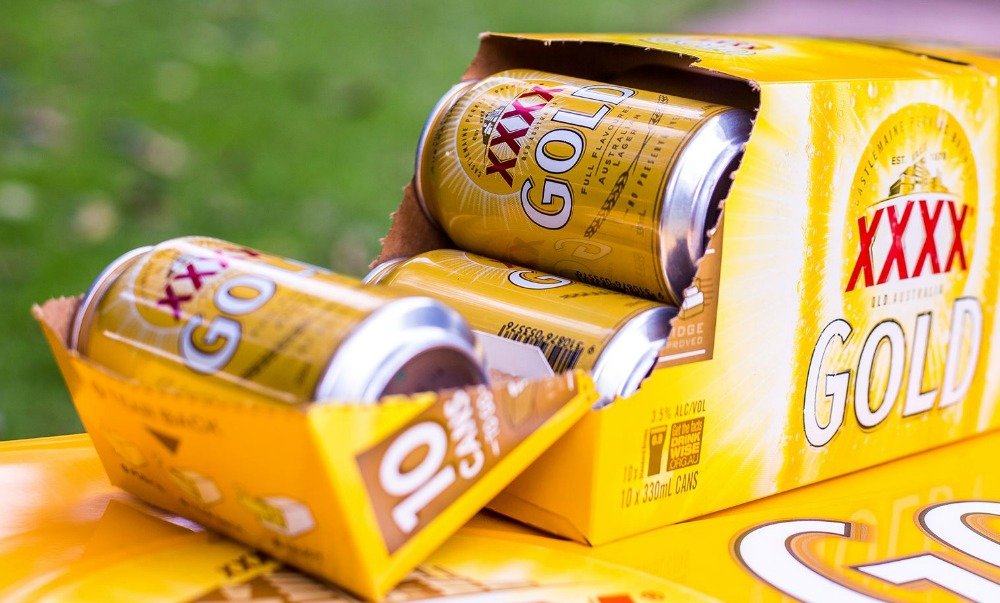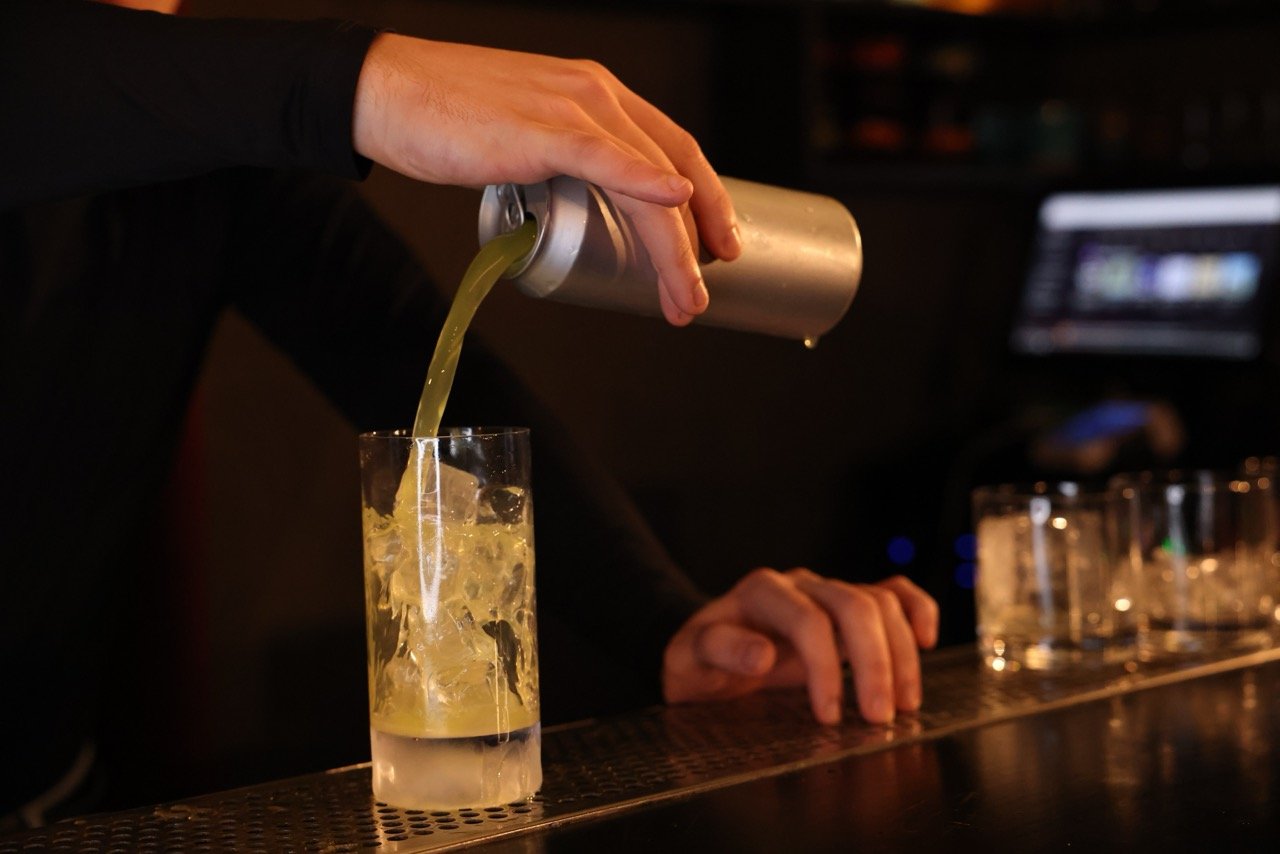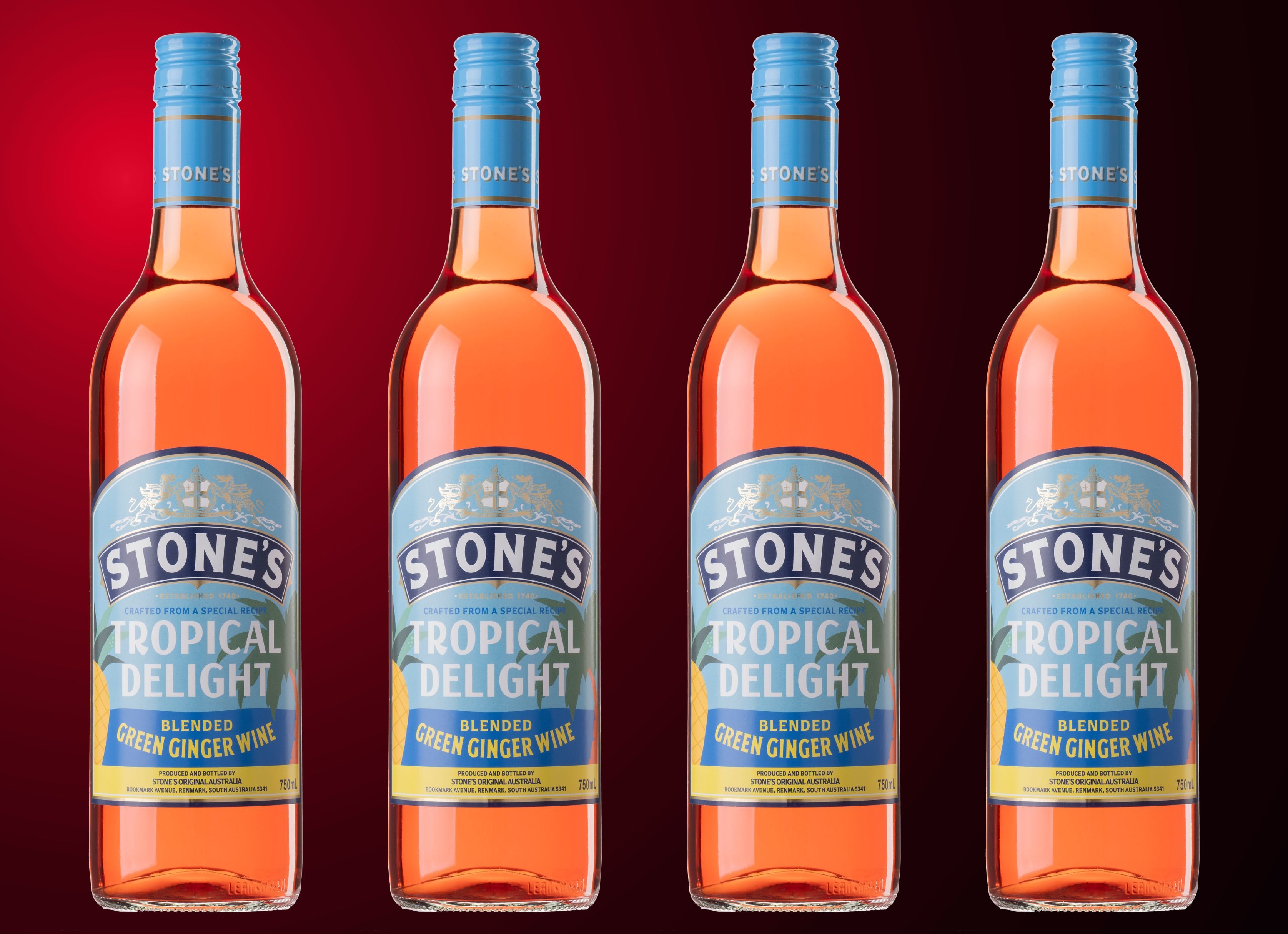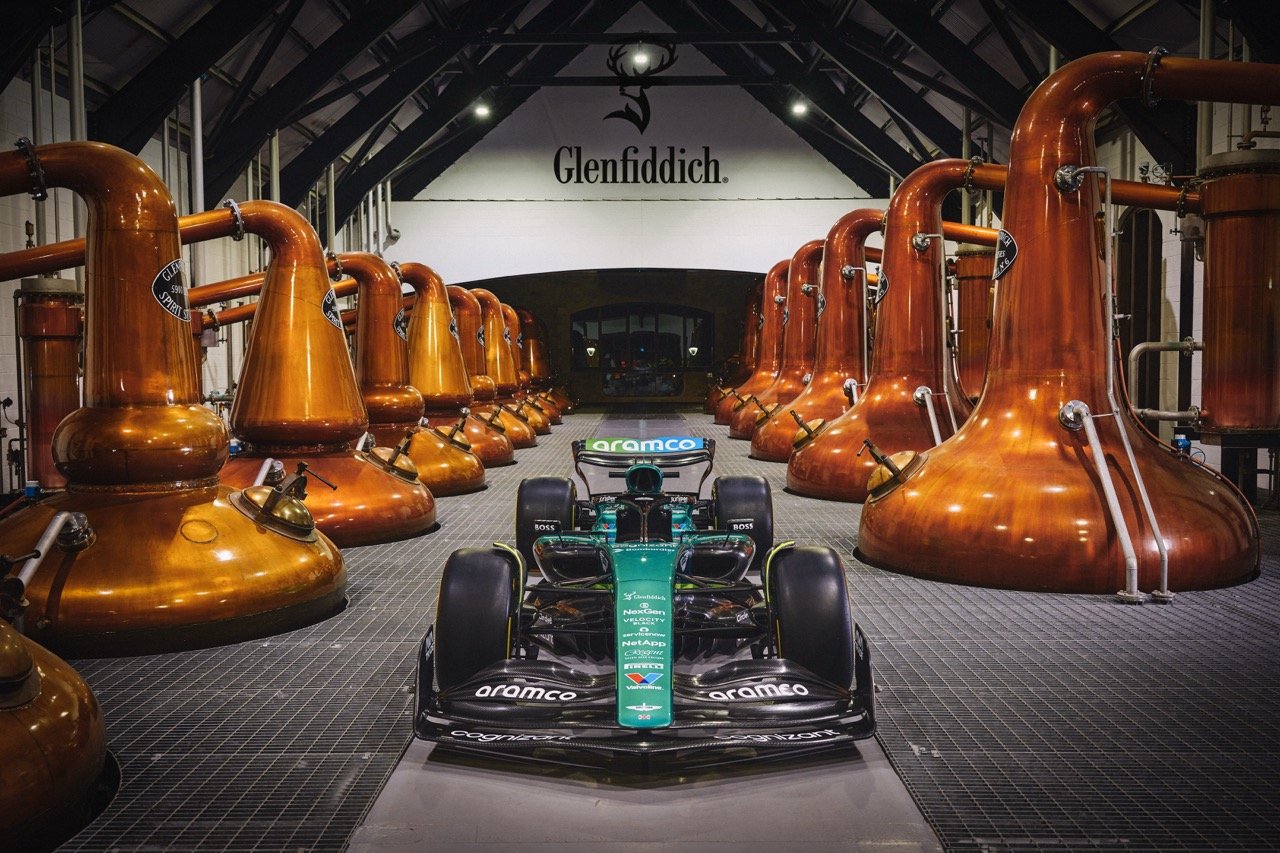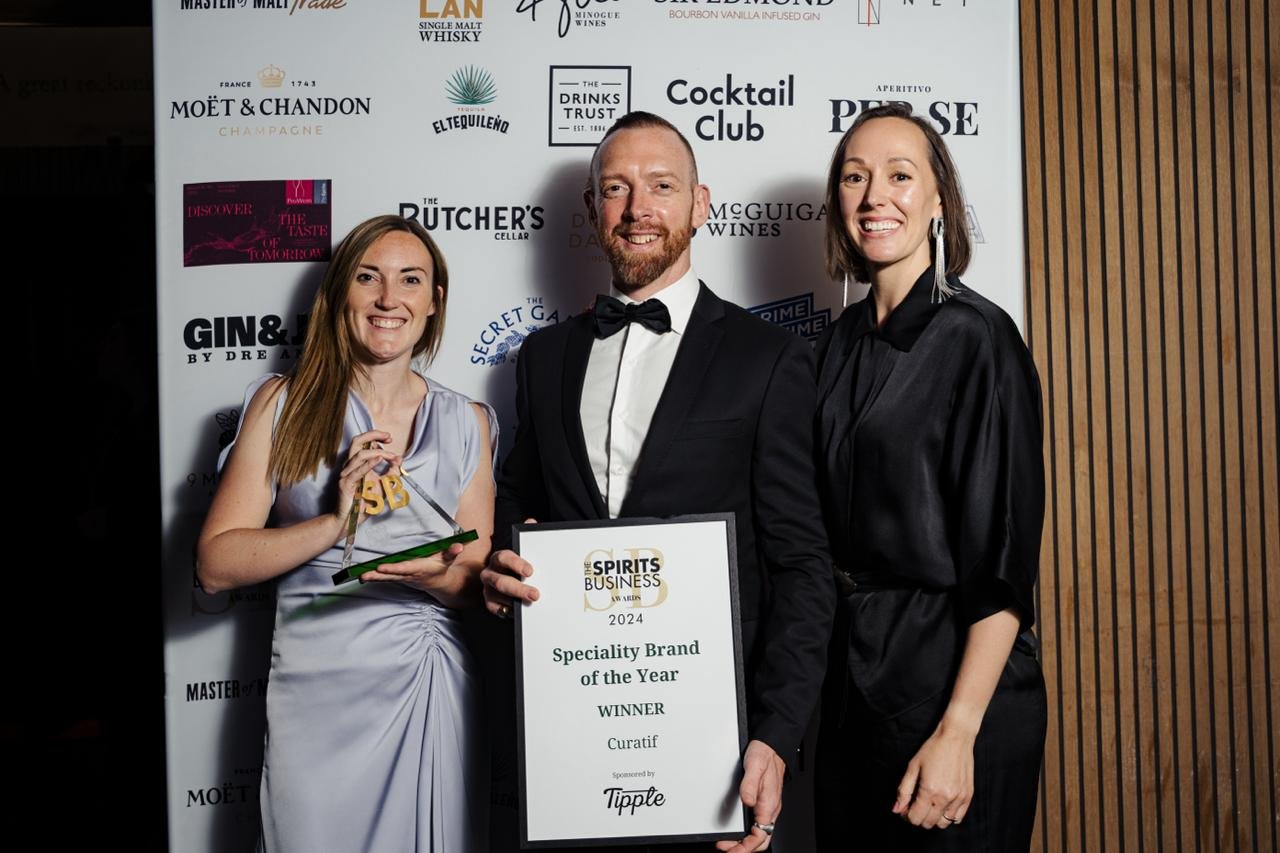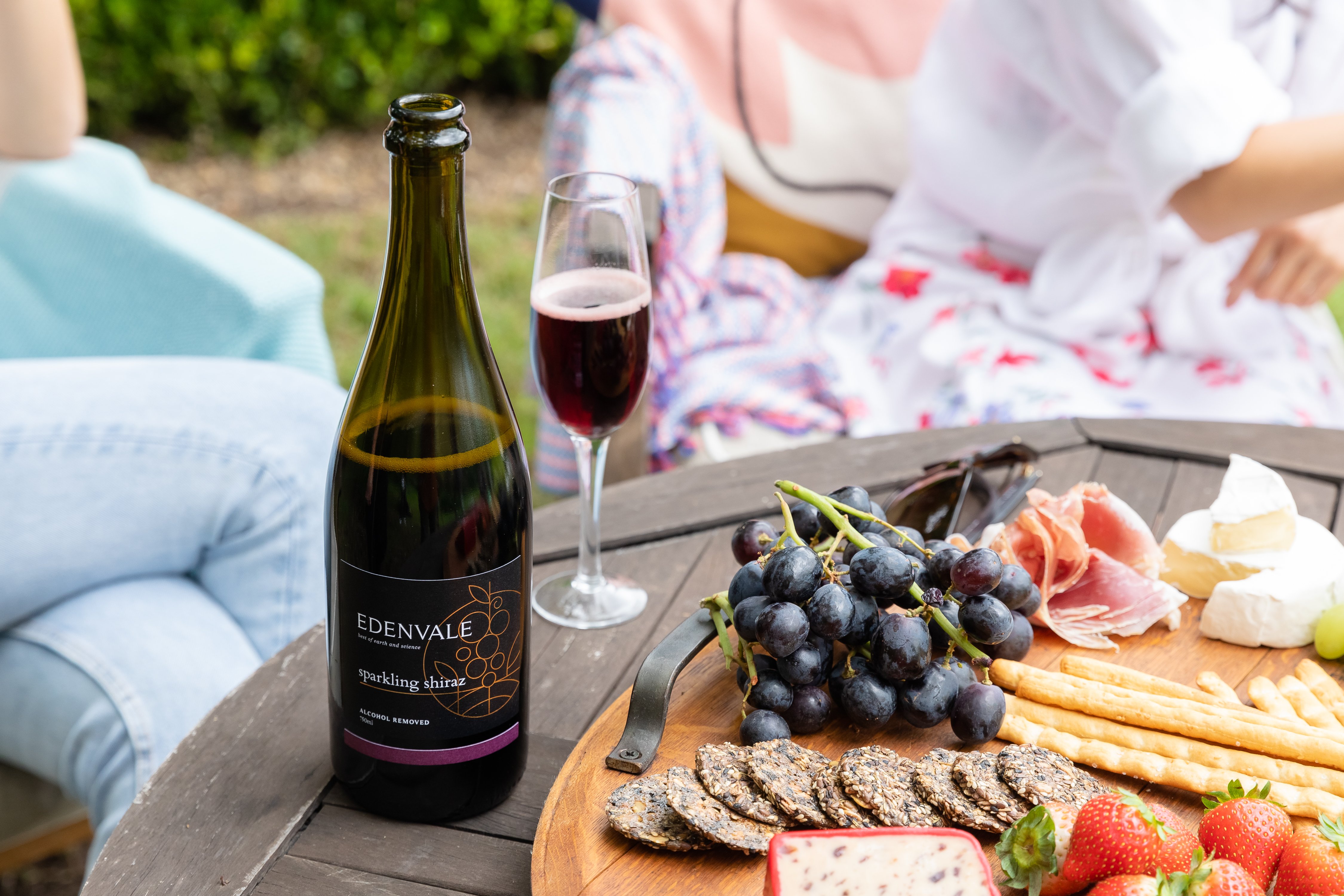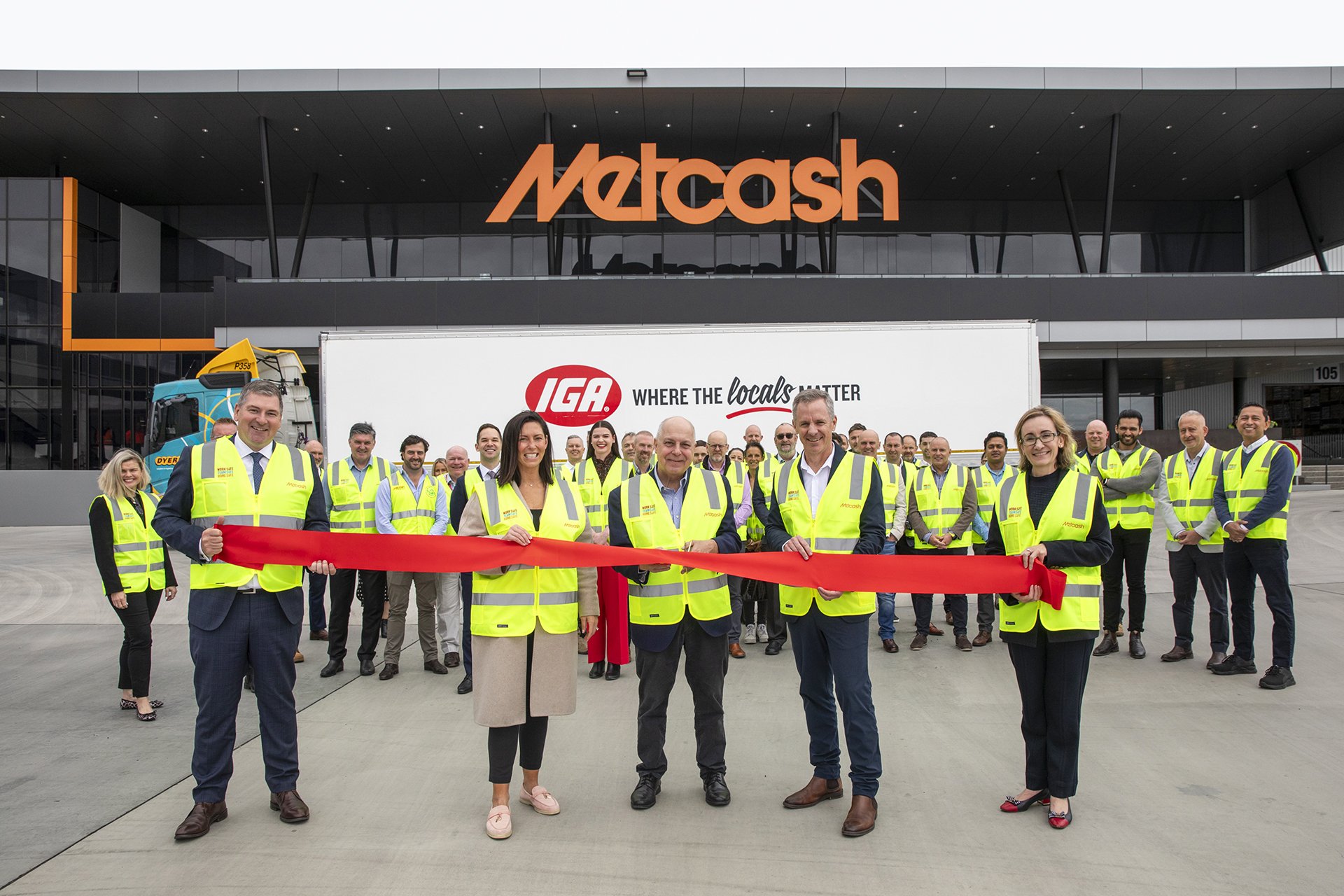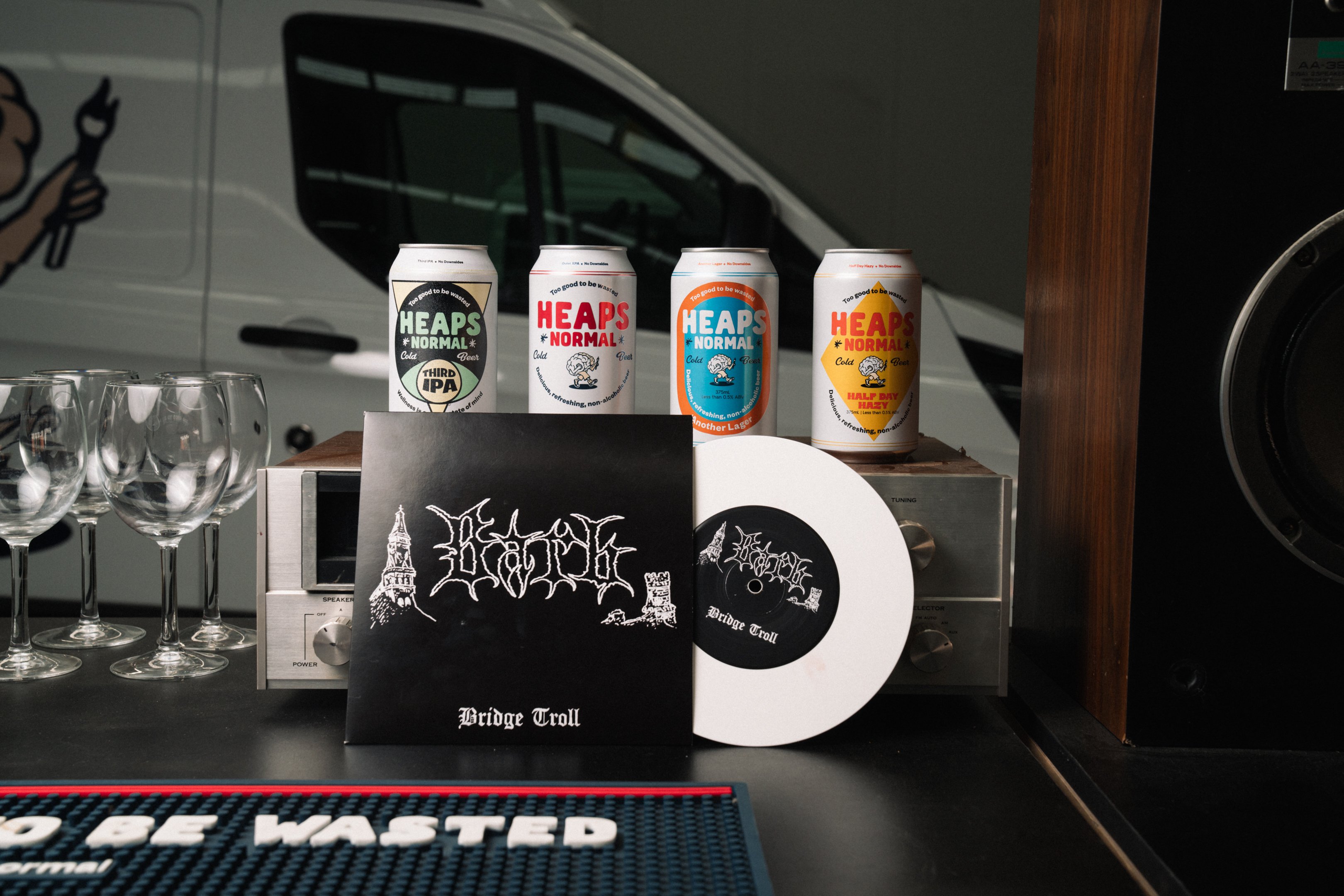The Royal Australasian College of Physicians wants the government to reconsider its decision not to adopt a Queensland minimum floor price.
The Palaszczuk government rejected a recommendation to introduce a "minimum unit price" that was made in a government-commissioned report evaluating its liquor laws.
“By targeting the very cheapest alcohol sold in the community, the measure affects problematic drinkers, young drinkers and pre-drinkers; all three groups are most likely to experience alcohol-related harm,” the report said.
However, the government said it did not believe setting a Queensland minimum floor price would stop the practice of pre-drinking, where people get drunk before they go out for the night.
“While a minimum unit price could raise the cost of low-cost, high-volume alcohol products, this may not change the fact that most packaged liquor is cheaper than alcohol available at late-trading venues and may therefore have little impact on pre-drinking by Safe Night Precinct patrons,” the government said in its response.
The Royal Australasian College of Physicians disagrees, arguing that a Queensland minimum floor price would reduce pre-loading-fuelled violence in "party precincts".
“We know that about a third of patrons in some of those precincts enter the precinct under the effects of alcohol,” RACP policy expert Professor Paul Colditz said.
A second, independently conducted review of the Queensland government’s law changes found the rate of pre-loading had increased in the state since measures were introduced in 2016 that included winding back drinking hours, banning shots after midnight and ID scanning.
The report found there had been a 29% reduction in serious assaults in party precincts between 3am and 6am since the law changes, however serious assaults earlier in the night had gone up by 19%.
Share the content
